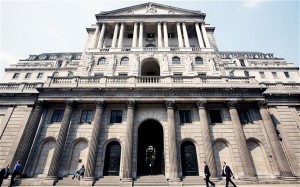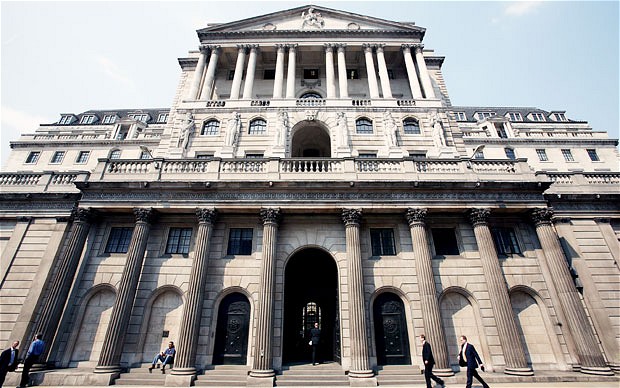 Several MPs have expressed their concern over the Bank of England’s role in the Help to Buy scheme operated by the government. The Treasury Select Committee claims that the scheme could lead to a property bubble without clear limits to the Bank’s involvement in the scheme.
Several MPs have expressed their concern over the Bank of England’s role in the Help to Buy scheme operated by the government. The Treasury Select Committee claims that the scheme could lead to a property bubble without clear limits to the Bank’s involvement in the scheme.
The Help to Buy scheme is targeted at first-time homebuyers aiming to get on the property ladder. Rising real estate prices have made it difficult for many people to purchase property in London and other high-priced areas of the country. The new scheme is aimed at helping people that cannot raise a deposit to buy a home.
The scheme itself began in April, with first-time buyers of new homes offered a guarantee of 15 per cent of their loan, as well as a 20 per cent equity loan above their five per cent home deposit. Critics of the scheme believe that it could cause another property bubble fuelled by rising home prices across the country.
Help to Buy is limited to properties valued at less than £600,000, limiting its use for buyers of high-value homes. Critics of the scheme have recommended that fees are raised for lenders on their home guarantees, reducing the appeal of loans for those that are likely unable to keep up with mortgage repayments.
Andrew Tyrie, the chairman of the Treasury Select Committee, believes that the role of the Bank of England in the scheme needs to be clarified to a greater extend to stop another property bubble from forming. Mr Tyrie has written to Mark Carney, Bank of England Governor, requesting a full outline of the bank’s involvement.
Investors and homeowners alike are fearful of another property bubble that could reduce long-term economic growth and cause financial issues for homeowners.





